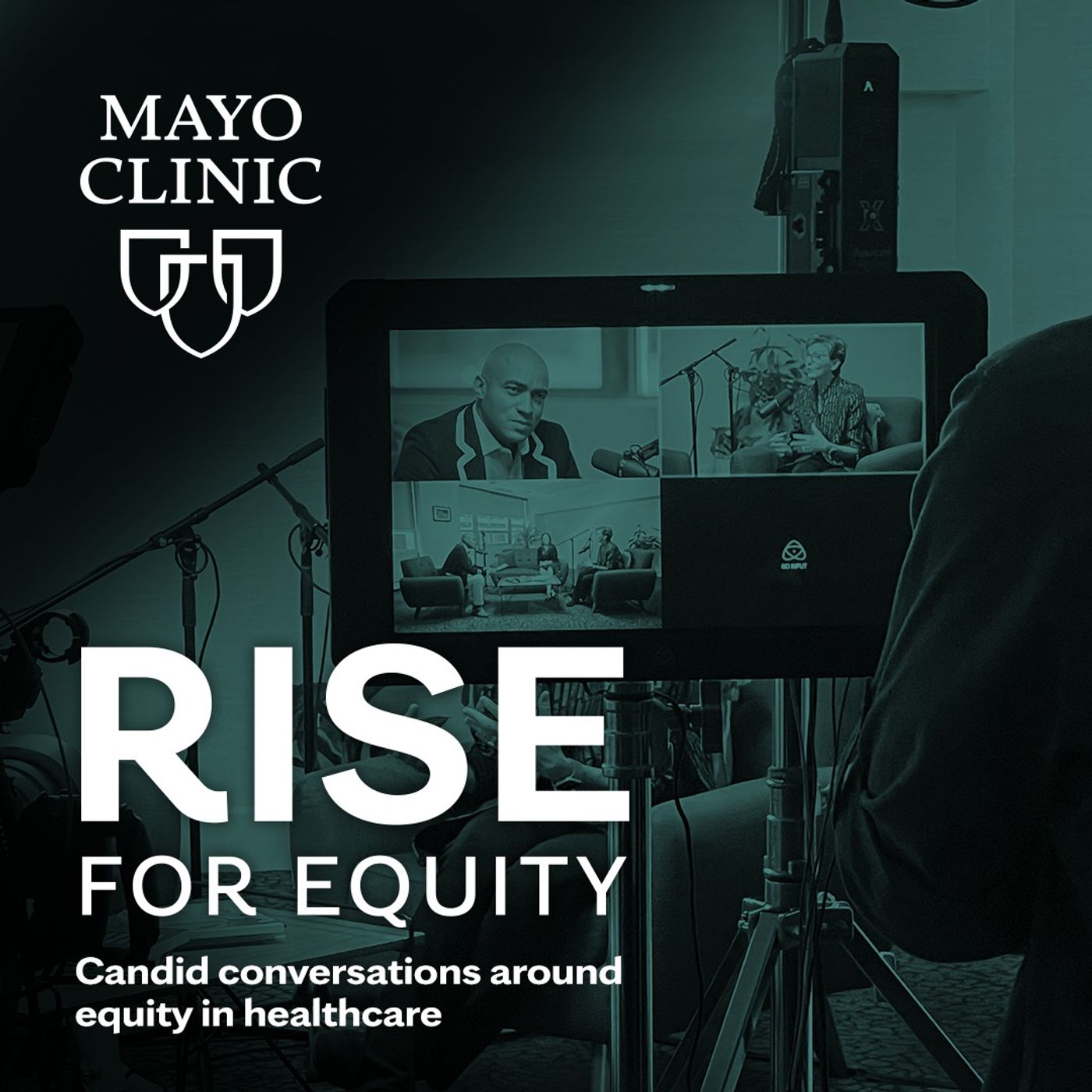- After-Shows
- Alternative
- Animals
- Animation
- Arts
- Astronomy
- Automotive
- Aviation
- Baseball
- Basketball
- Beauty
- Books
- Buddhism
- Business
- Careers
- Chemistry
- Christianity
- Climate
- Comedy
- Commentary
- Courses
- Crafts
- Cricket
- Cryptocurrency
- Culture
- Daily
- Design
- Documentary
- Drama
- Earth
- Education
- Entertainment
- Entrepreneurship
- Family
- Fantasy
- Fashion
- Fiction
- Film
- Fitness
- Food
- Football
- Games
- Garden
- Golf
- Government
- Health
- Hinduism
- History
- Hobbies
- Hockey
- Home
- How-To
- Improv
- Interviews
- Investing
- Islam
- Journals
- Judaism
- Kids
- Language
- Learning
- Leisure
- Life
- Management
- Manga
- Marketing
- Mathematics
- Medicine
- Mental
- Music
- Natural
- Nature
- News
- Non-Profit
- Nutrition
- Parenting
- Performing
- Personal
- Pets
- Philosophy
- Physics
- Places
- Politics
- Relationships
- Religion
- Reviews
- Role-Playing
- Rugby
- Running
- Science
- Self-Improvement
- Sexuality
- Soccer
- Social
- Society
- Spirituality
- Sports
- Stand-Up
- Stories
- Swimming
- TV
- Tabletop
- Technology
- Tennis
- Travel
- True Crime
- Episode-Games
- Visual
- Volleyball
- Weather
- Wilderness
- Wrestling
- Other
Saving Black Lives: The Cancer Care Gap
Folakemi Odedina, Ph.D. Professor & Deputy Director, Center for Health Equity & Community Engagement, Mayo Clinic Alyx Porter, M.D. Consultant, Neurology, Mayo Clinic, Fiscal Support for URM Medical Students and Anatomy of a Successful Pathway Program Twitter @PorterAlyx and @ElevateMedInc In a health care industry where Black people are statistically more likely to develop and die from many forms of cancers compared to whites, Drs. Folakemi Odedina and Alyx Porter are working daily on initiatives to close the gaps. In this wide-ranging discussion about Black representation in cancer care, the two talk to RISE for Equity Host Lee Hawkins about strategies for mobilizing communities and fostering workforce diversity to improve outcomes. “I grew up in Scottsdale, Arizona. It wasn't as diverse then as it is now. The Cosby Show, and then later, A Different World, was what I looked forward to, to see a family that sort of resembled mine. That was my first visualization of the fact that a Black person could be a doctor. Seeing that fictional character of Dr. Heath Cliff Huxtable, I started to imagine what a life could be like if I had the starring role as a physician.” --Alyx Porter, M.D. “We all should seek an ideal where the workforce reflects the population cared for. There are times when I've walked into a patient room and have been met with tears because the person has waited to see me or wanted to see me, someone who looks like them, who understands their disease and how impactful that was for them.” --Alyx Porter, M.D. “We know about how people are perceived when they go into a health care system, how they are treated. I owe it to them as an educator, a Black woman. I've faced it and I've experienced it right in the healthcare system. And it's just unfortunate that sometimes I have to throw my doctor title around to be able to get what I need.” — Folakemi Odedina, Ph.D. “Prostate cancer is one of those few chronic conditions that being a Black man is actually listed as a risk factor regardless of where you are.” — Folakemi Odedina, Ph.D. “’You can't be what you can't see’ is a quote that I've used time and time again from Marian Wright Edelman. And I believe that it's true. While there are many of us that are firsts in all kinds of ways, and we've had to plot our own paths.” --Alyx Porter, M.D. "60% of medical students now are coming from families in the top 20th percentile of the wealth index. 3% of medical students now are coming from families from the lowest 20th percentile. So what does that mean? If you're wealthy, you can go to medical school and then you can continue to you can treat people from the environment that you're accustomed to because of the culture that you were brought up in. That's not to say that people who come from wealthy backgrounds aren't willing to serve in underserved areas, but we deserve to provide a workforce that looks like the population." --Alyx Porter, M.D. To be successful, you have to be comfortable with being a little uncomfortable. --Alyx Porter, M.D. What's really powerful that I'm just realizing I thought it in the past, but Black history is being made every day, every single day in different sectors. We see people, men and women, who are making a difference based on their contribution and deciding that they're going to pursue all of the work that needs to be done inside of organizations and making a difference. —Lee Hawkins

